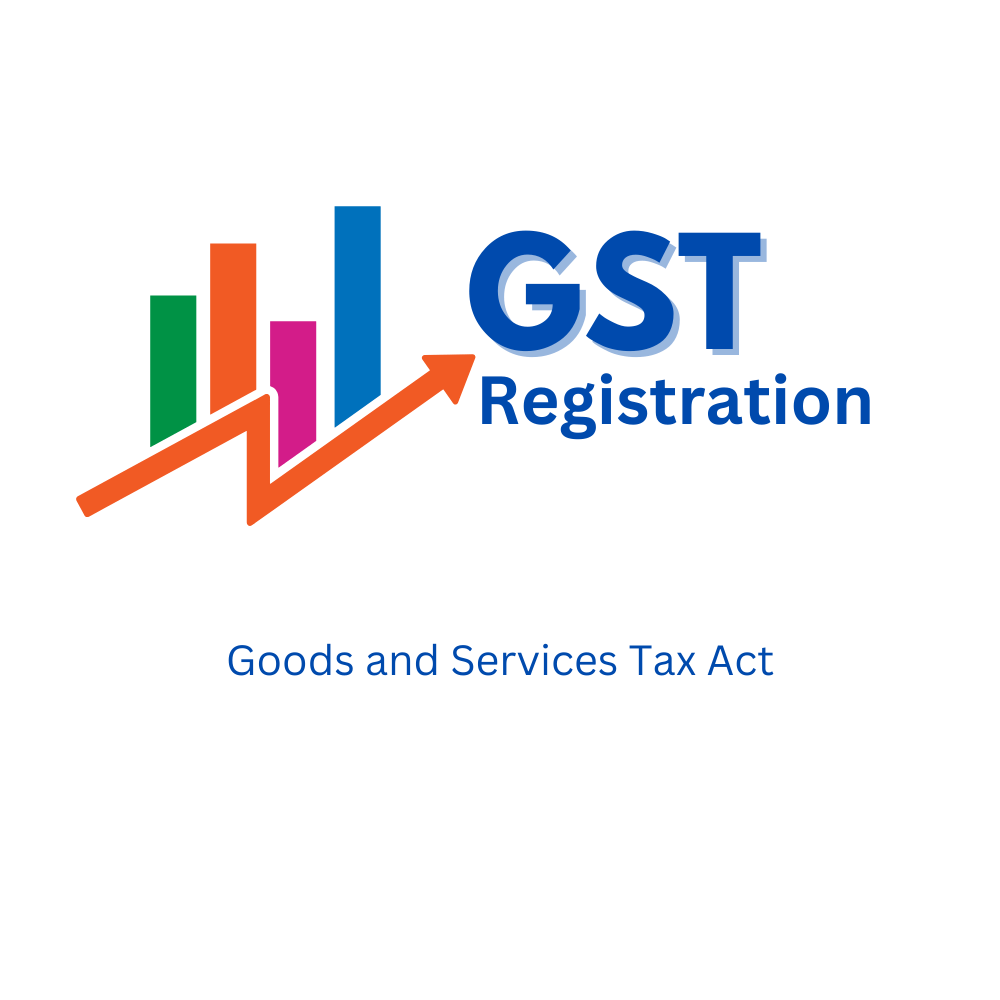Discovering Trustworthy and Reliable Best GST Registration Services in Singapore
Discovering Trustworthy and Reliable Best GST Registration Services in Singapore
Blog Article
From Begin to Finish: The Ultimate Roadmap to GST Enrollment for Businesses Seeking Financial Security
Navigating the intricacies of Item and Solutions Tax (GST) enrollment is a critical action for companies striving for financial stability. Damaging down the roadmap right into manageable actions can streamline the enrollment trip for services looking to boost their monetary standing.
Understanding GST Basics
Diving into the fundamental concepts of Item and Services Tax Obligation (GST) is necessary for gaining a detailed understanding of its effects on organizations and the economy. Input Tax Obligation Credit History (ITC) is a significant attribute of GST, enabling companies to declare credit for taxes paid on inputs, minimizing the total tax concern. Understanding the basics of GST is critical for organizations to conform with tax obligation regulations, manage their funds successfully, and add to the country's economic development by participating in a transparent tax system.
Qualification Criteria for Enrollment
To sign up for GST, companies have to meet particular qualification standards developed by the government. The primary qualification requirement is that any type of service included in the supply of products or services with an annual accumulation turnover above the threshold limitation set by the authorities should register for GST. As of the current policies, the threshold limitation for GST enrollment is an annual accumulation turnover of 40 lakhs for companies operating within a state, except for unique classification states where the limitation is 20 lakhs. Additionally, certain services are required to register for GST irrespective of their turnover, such as interstate providers, laid-back taxed persons, and services reliant pay tax under the reverse charge system. It is vital for businesses to completely analyze their turn over and transaction kinds to establish their GST enrollment commitments accurately. Failing to register for GST when eligible can cause penalties and lawful repercussions, making it vital for businesses to stick to the defined eligibility requirements.
Files Required for Registration
Having fulfilled the qualification standards for GST registration, businesses should currently guarantee they have the requisite papers in area to continue with the registration process successfully. The documents needed for GST enrollment commonly consist of proof of company constitution, such as collaboration act, registration certificate, or consolidation certificate for different types of organizations. Furthermore, businesses need to supply papers establishing the major location of service, such as a rental contract or power expense.
Step-by-Step Registration Process
Beginning the GST enrollment procedure includes a series of structured actions to make certain a certified and seamless enrollment for organizations. The initial step is to see the GST portal and submit the enrollment type with precise details of the business entity. Following this, the applicant receives a Temporary Recommendation Number (TRN) which is made use of to resume the application procedure if it's not completed in one go.
Next, all required papers based on the list offered by the GST more information portal need to be submitted. These documents commonly consist of evidence of organization enrollment, address and identity proofs of promoters, financial statements, and company entity's PAN card.

Post-Registration Conformity Standards

Final Thought
Finally, services seeking monetary security has to comprehend the fundamentals of GST, satisfy eligibility standards, collect required papers, follow the detailed registration process, and follow post-registration standards - Best GST registration services in Singapore. By adhering to these steps, organizations can make certain conformity with tax policies and maintain financial security in the future
Additionally, certain businesses are called for to sign up for GST regardless of their turn over, such as interstate providers, informal taxable individuals, and companies accountable to pay tax obligation under the reverse fee system.Having met the qualification standards for GST registration, businesses have to currently ensure they have the requisite files in area to proceed with the enrollment procedure successfully. The files needed for GST enrollment commonly include evidence of service constitution, such as partnership deed, registration certificate, or consolidation certificate for different types of organizations. In addition, companies require to give files establishing the major location of business, check this site out such as a rental arrangement or electrical power expense.Beginning the GST registration procedure involves a series of organized steps to make certain a compliant and smooth registration for businesses.
Report this page